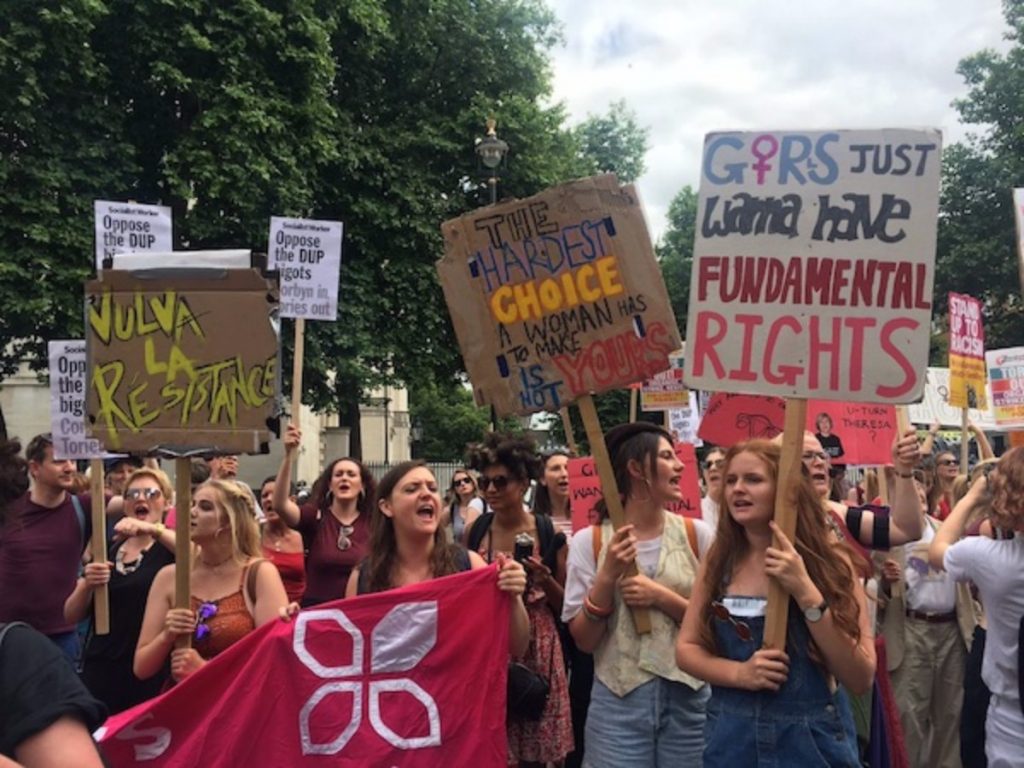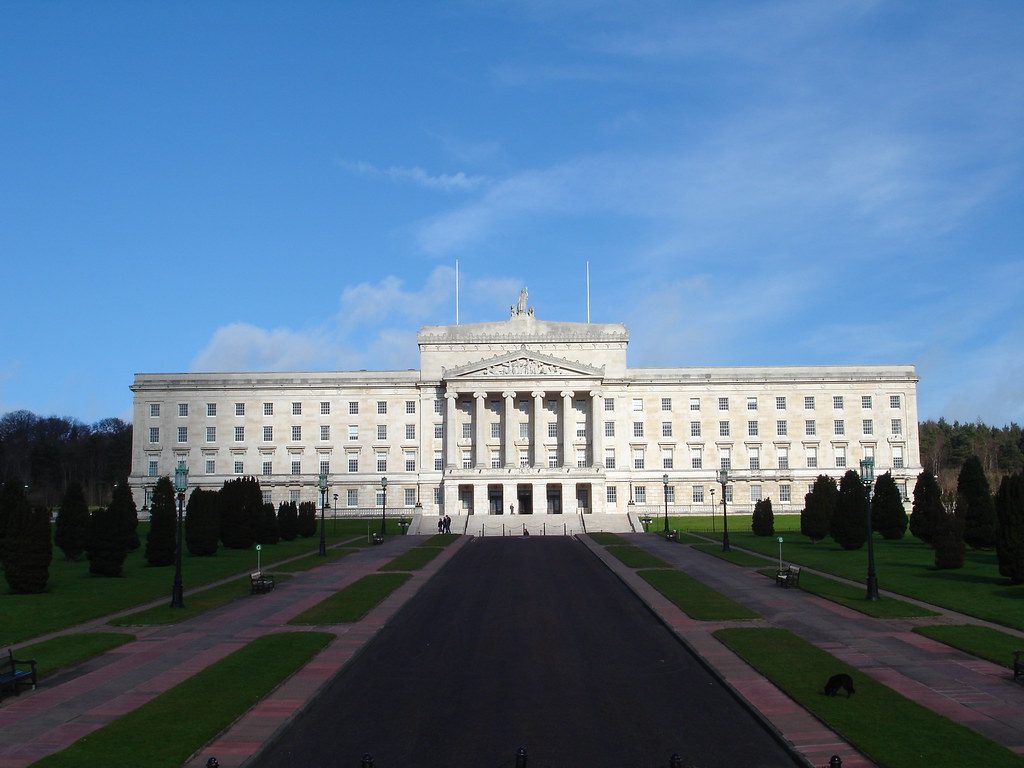A report by the Women and Equalities Committee has said that Northern Ireland must do more to clarify and improve its abortion laws or it will risk creating “confusion, fear, and inequality”.
The cross-party committee report comes in response to a UN report published last year that accused the UK of committing “grave” human rights abuses owing to the restrictive access to abortion for women and girls in Northern Ireland.
The Women and Equalities Committee accused the government of not doing enough to address the breaches in the year since the UN’s findings and called on the government to set out a six-month timeline to resolve some issues, and called for urgent legislation on others.
“The lack of clarity about the current legal situation is creating confusion, fear and inequality,” said committee chair Maria Miller.
The lack of clarity about the current legal situation is creating confusion, fear and inequality
Maria Miller MP, Chair of Women & Equalities Committee
Abortion In Northern Ireland

Women’s rights protestors. Credit :Tiocfaidh ár lá 1916/Flickr
Unlike the rest of the UK, abortion is illegal in Northern Ireland – except in the circumstance that the mother will die as a result of giving birth. The Abortion Act 1967, which allows for abortions in certain situations in the UK, does not extend to Northern Ireland.
The country has faced increasing pressure to fully legalise the medical procedure after neighbouring country Ireland repealed the 8th amendment criminalising abortion and made it legal and accessible last year.
Since the UN report, the government has taken a few steps to enable women living in Northern Ireland to have access to abortion, including establishing a scheme which provides funding for women to travel to England to have an abortion.
However, the Women and Equalities Committee pointed out that there is still legal ambiguity around this scheme – and it does not provide access for poor or disabled women, who may not be able to travel or cannot afford to miss work.
“In practice, the scheme is more accessible to some women than others, with problems for women on low incomes, or who are too ill to travel, who are facing domestic violence and abuse, have insecure immigration status, or who are not registered with a GP.
We must ensure that women who are vulnerable or marginalised have the same access to services as everyone else.
Maria Miller MP, Chair of Women & Equalities Committee
Why The Delay?

The Northern Irish Assembly, Stormont. Credit: rovingl/Flickr
Northern Ireland has its own Parliament called Stormont which is separate (devolved) from Westminister, and usually, abortion would be a devolved issue.
There are two main parties in Stormont – the DUP, a unionist political party, and Sinn Féin, a left-wing republican party.
The assembly at Stormont has been suspended since 2017 due to disagreements between the DUP and Sinn Féin, who must join together in a power sharing executive in order to lead the Northern Ireland Assembly. Because of this ongoing suspension, it has been difficult for Northern Ireland to move laws through.
The UK government acknowledges and respects the devolution of Stormont, but the committee insists that Westminister has a duty to comply with international obligations, and so must do what it can to put an end to continued human rights abuses against women.
Recommendations
Credit: Unsplash
In its recommendations, the committee called for women and girls who are pregnant as a result of rape or incest to be prioritised.
Currently, a woman or girl can face prosecution if they have not reported the offence to police. The committee urged the Northern Ireland Attorney General to issue human rights guidance stating that it would rarely be in the public interest for survivors of rape and incest to be prosecuted in this way.
The committee also urged the UK government to rectify the fact that the Northern Irish Human Rights Commission did not have legal standing to bring its case challenging Northern Ireland abortion laws. This meant that the Supreme Court, which found a breach of human rights in relation to cases of fatal foetal abnormality, was not able to officially rule that Northern Ireland had breached human rights law. It also means women themselves – not organisations on their behalf – have to bring these cases.
“The situation of a woman or girl who became pregnant as a result of rape or incest having to pursue a court case highlights precisely why it should not depend on an individual victim to take a case to court. This must be rectified urgently,” Miller explained.
The report also recommended that the Government Equalities Office publish legal advice on the scheme that funds travel to England for abortion. This would make it clear to professionals that referring patients under the scheme is not unlawful.
“We heard of doctors facing a potential conflict between their duty of care to their patients and the law, and between their duty of confidentiality and the law. They still have not been given guidance on referring women to the UK government scheme providing free abortions in 2017,” the committee said.
“This must be published immediately,” Miller added.








